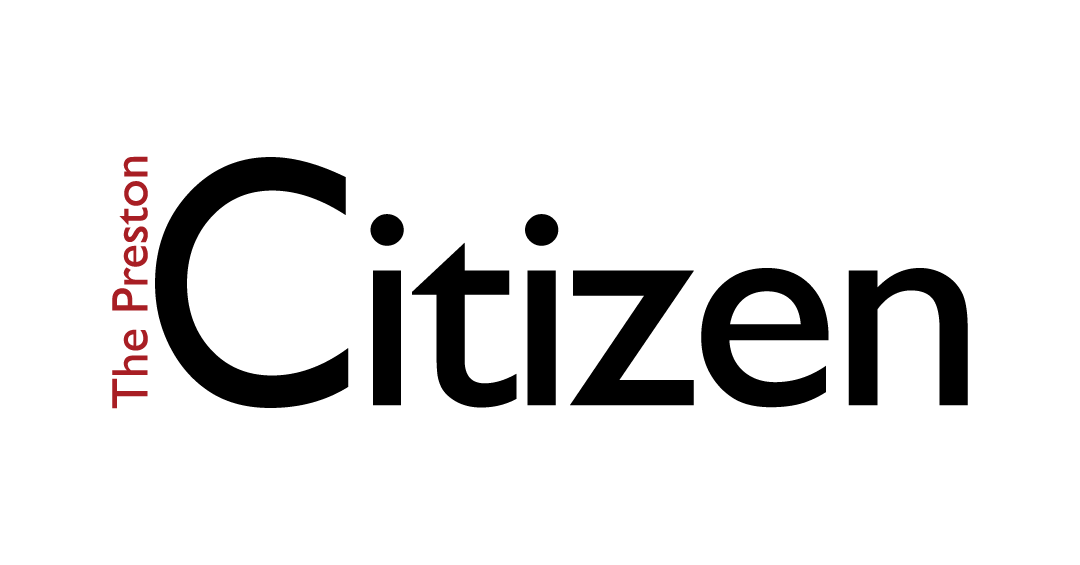EDITORIAL: Election security effort is robust | Opinion
Other actions have been less overt. Behind the scenes, in a coordinated and largely unprecedented effort, U.S. national security agencies have frozen the assets of foreign hackers, imposed sanctions, revoked visas, knocked spies offline, prevented suspected adversaries from entering the U.S. and worked with social media companies to take down suspect accounts, all in a preemptive effort to prevent further meddling.
As for defensive measures, the FBI has convened a foreign influence task force and coordinated security efforts with tech companies. Intelligence agencies have issued regular updates about what foreign adversaries are planning and why. The Department of Homeland Security has helped fortify state and local defenses against foreign intrusion and done a commendable job of educating the public, even launching a sober-minded “rumor control page” and publishing a disinformation toolkit for election officials.
The private sector has also done its part. Microsoft Corp. has warned about hacking attempts against U.S. political actors and helped to take down a major Russian criminal operation. Both Twitter Inc. and Facebook Inc. revealed in September that they had removed phony accounts linked to Russian intelligence, while cybersecurity companies have been sharing information with the authorities about other hackers targeting the election.
Of course, all this is in marked contrast to the president himself, who has said next to nothing about election interference publicly. Asked about the topic at the last presidential debate, he instead brought up NATO, submarines and the mayor of Moscow’s wife. His staffers have amended intelligence assessments to downplay the threat and ceased in-person briefings to Congress about it. Even broaching the topic in the White House has reportedly been discouraged. Far from condemning election interference, Trump has in fact solicited it — possibly in violation of federal law — from at least three countries.

